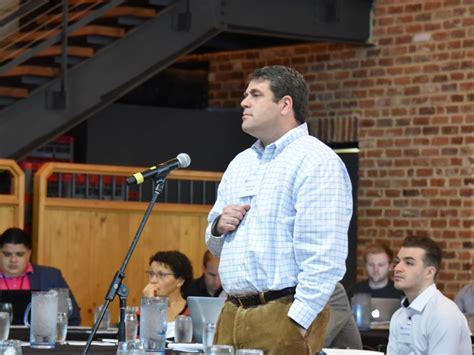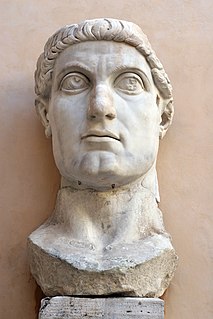A Quote by William James
Tension is a habit. Relaxing is a habit. Bad habits can be broken, good habits formed.
Related Quotes
Habit is habit and not to be flung out of the window by any man, but coaxed downstairs a step at a time. You cannot eliminate habits that no longer serve you. You can only replace them with new habits that support your goals. Moment by moment, you need to live with awareness and structure the habits that you include or exclude in your days.
Centres, or centre-pieces of wood, are put by builders under an arch of stone while it is in the process of construction till the keystone is put in. Just such is the use Satan makes of pleasures to construct evil habits upon; the pleasure lasts till the habit is fully formed; but that done the habit may stand eternal. The pleasures are sent for firewood, and the hell begins in this life.
The 8th Habit, then, is not about adding one more habit to the 7 - one that somehow got forgotten. It's about seeing and harnessing the power of a third dimension to the 7 Habits that meets the central challenge of the new Knowledge Worker Age. The 8th Habit is to Find Your Voice and Inspire Others to Find Theirs.
Then one day, we’ll put the reward in the old place, and put in the rat, and, by golloy, the old habit will rememerge right away. habits never really disappear. They’re encoded into the sturctures of our brain, and that’s a huge advantage for us, because it would be awful if we had to relearn how to drive after every vacation. The problem is that your brain can’t tell the difference between bad and good habits, and so if you have a bad one, it’s always lurking there, waiting for the right cues and rewards.










































